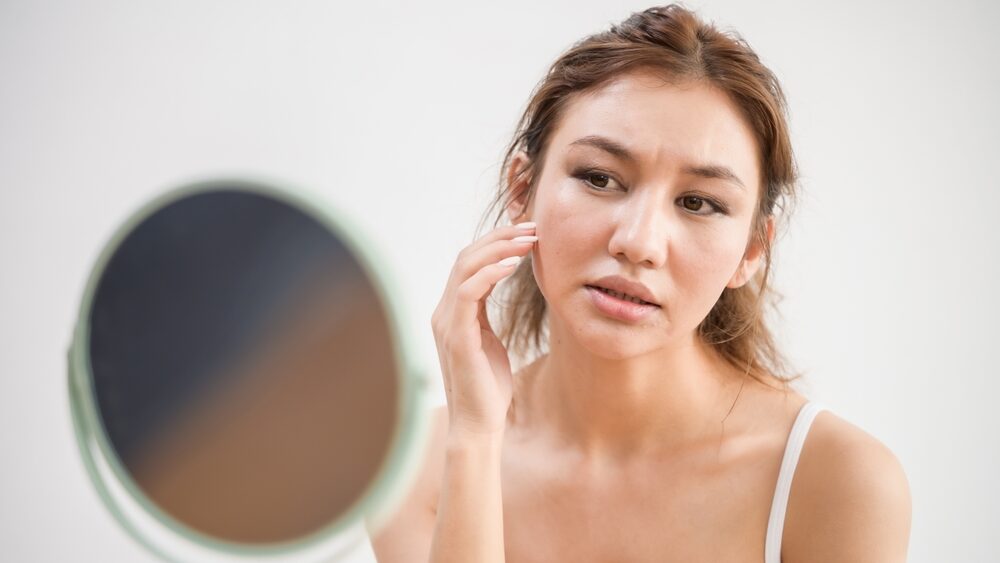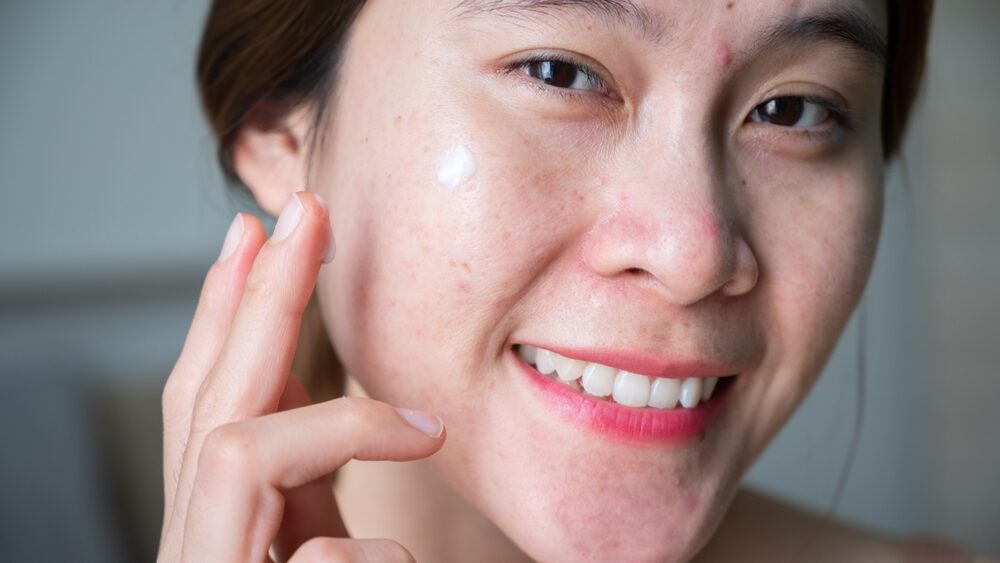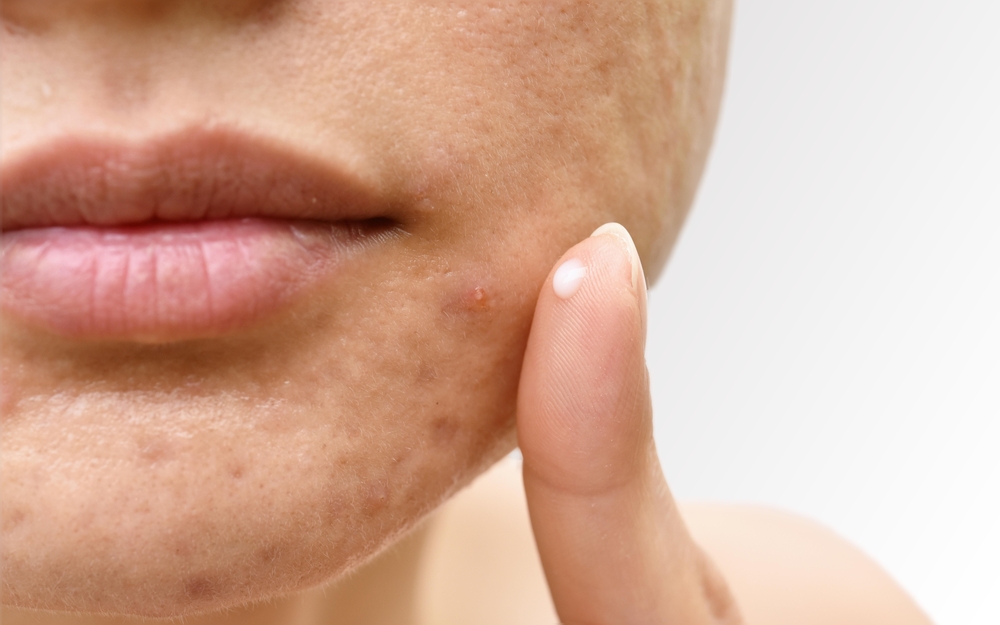The phrase acne instills anxiety in the minds of both adults and teenagers. From pesky pimples to stubborn cysts, acne can wreak havoc on your skin and self-confidence. But what exactly causes acne, and how can you effectively treat and prevent it? In this comprehensive guide, we’ll dive deep into the world of acne, exploring its causes, treatment options, and strategies for keeping breakouts at bay.
What Causes Acne?
Acne develops when pores get clogged with oil and dead skin cells, causing pimples, blackheads, and whiteheads to form. Various factors can contribute to the development of acne.
- Excess Oil Production: When the sebaceous glands produce too much oil, it can clog pores and lead to acne flare-ups.
- Bacteria: The presence of Propionibacterium acnes (P. acnes) bacteria on the skin can contribute to inflammation and acne formation.
- Hormonal Changes: Fluctuations in hormone levels, such as those that occur during puberty, menstruation, pregnancy, or times of stress, can trigger acne breakouts.
- Genetics: A family history of acne can increase your risk of developing the condition.
- Dietary Factors: While research on the link between diet and acne is ongoing, certain foods high in sugar and refined carbohydrates may exacerbate breakouts in some individuals.

How to Treat Acne
The good news is that acne can be effectively treated with the right approach. Treatment options vary depending on the severity of the acne and may include:
- Topical Treatments: Over-the-counter and prescription topical treatments containing ingredients like benzoyl peroxide, salicylic acid, and retinoids can help unclog pores, reduce inflammation, and promote skin turnover.
- Oral Medications: In cases of moderate to severe acne, oral medications such as antibiotics, hormonal contraceptives, or isotretinoin (Accutane) may be prescribed to target acne-causing bacteria, regulate hormone levels, or reduce oil production.
- Professional Procedures: Dermatological procedures such as chemical peels, microdermabrasion, laser therapy, or corticosteroid injections may be recommended for stubborn or severe cases of acne to help improve skin texture and reduce inflammation.
- Lifestyle Changes: Adopting healthy lifestyle habits such as eating a balanced diet, managing stress, getting adequate sleep, and practicing good skincare hygiene can help support overall skin health and reduce the likelihood of acne breakouts.
- Stress Management: Stress can exacerbate acne, so practicing stress-reduction techniques such as meditation, yoga, deep breathing exercises, or regular exercise may help improve acne symptoms.
Ways to Stop Acne Before It Starts
While treating existing acne is important, preventing future breakouts is equally crucial. Here are some tips for keeping acne at bay:
- Keep Your Skin Clean: Wash your face twice daily with a gentle cleanser to remove dirt, oil, and impurities that can clog pores and lead to breakouts.
- Avoid Overwashing: While keeping your skin clean is important, overwashing can strip away natural oils and exacerbate acne. Stick to washing your face twice a day, and avoid harsh scrubbing or abrasive cleansers.
- Moisturize: Apply a light-textured, non-comedogenic moisturizer to your skin to maintain moisture levels without clogging pores.
- Protect Your Skin: Wear sunscreen daily to protect your skin from sun damage and reduce the risk of post-inflammatory hyperpigmentation (dark spots) that can occur after acne breakouts.
- Choose Non-Comedogenic Products: Opt for skincare and makeup products labeled as non-comedogenic, meaning they are formulated to not clog pores.
- Hands Off: Resist the urge to pick, pop, or squeeze acne lesions, as this can worsen inflammation, lead to scarring, and spread bacteria.

Conclusion
Acne can be a frustrating and stubborn skin condition, but with the right approach, it is treatable and manageable. By understanding the underlying causes of acne, exploring effective treatment options, and adopting preventive measures, you can take control of your skin health and achieve a clearer, smoother complexion. It’s important to note that what works for one person may not work for another, and finding the right acne treatment may require some trial and error. Consulting with a dermatologist or healthcare provider can help you develop a personalized treatment plan tailored to your specific skin type, concerns, and medical history.

